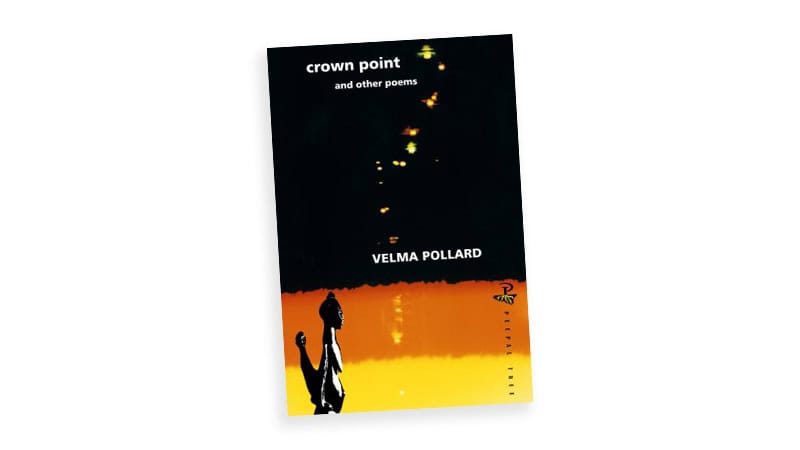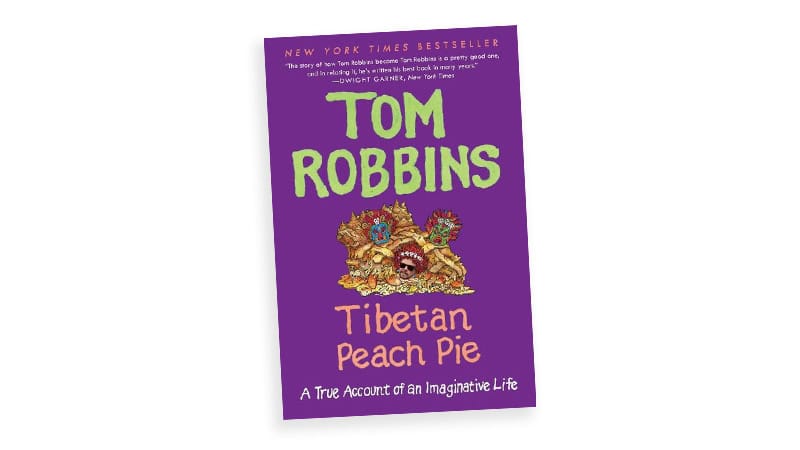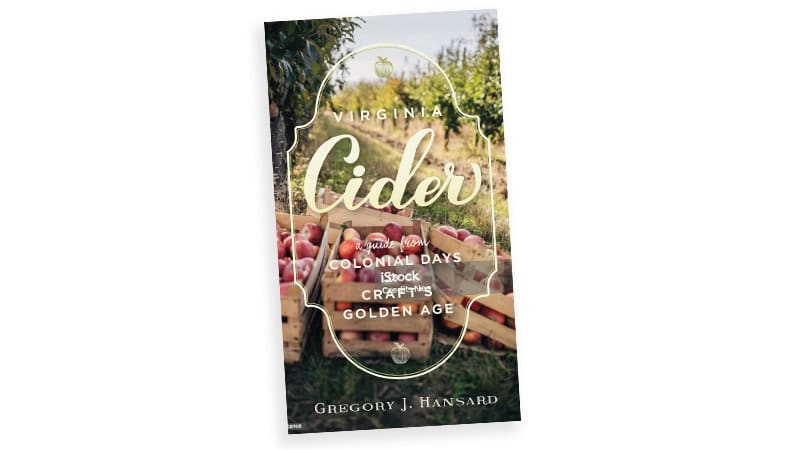Why I Got Divorced During Chemotherapy
An excerpt from ‘Positively Altered: Finding Happiness In the Bottom of a Chemo Bag’
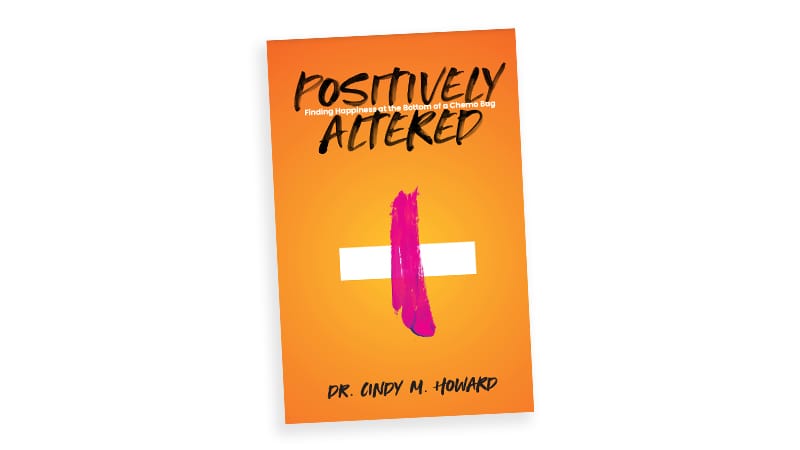
Dr. Cindy M. Howard, author of “Positively Altered: Finding Happiness In the Bottom of a Chemo Bag” (Flamingo Press, Sept. 12, 2023), shares an excerpt that reveals her belief that we possess the power to choose our approach to life and determine how we respond to its challenges.
“So, does the cancer change anything with you and Steve?”
Lori and I were standing in her kitchen drinking tea and talking about treatment and training and this and that. We could talk about almost anything.
“About the divorce?” I said.
“Yeah. Like, does this change your mind at all, make you want to work harder to reconcile?”
“Absolutely not,” I said before I even gave the question any thought. I knew in my gut that divorce was still the right thing. And I said this, knowing that other friends of mine had had rough periods in their marriages and decided to stick it out. Whenever I pictured the course of my treatment, though, Steve was never there. There was a big blank where he should have been. I knew him too well to believe that he could step up and be what I needed through this.
Lori, like most of my friends, thought I was nuts to get divorced in the first place. Nor was she alone in thinking I was even more nuts 106 for pushing on with it after I was diagnosed with cancer.
Hey, I’m Wonder Woman. I got this. I didn’t ask for any of this, but I got it.
So, okay, my ex-husband, Steve, gets one chapter of my book. Honestly, he’s lucky to get that much, but I feel like I need to explain why he’s not in most of the book despite our not finalizing the divorce until two years after these events. (Yes, it really took that long. The judicial system sucks.) I hope I’m not spiteful about him in these pages. Most of the time, when I think about him and our marriage, I feel sad rather than bitter. It could have been different. There were a lot of good things about it. I wanted so bad for it to work.
But it didn’t.
Let me try to encapsulate my experience of being married to Steve. The day I got my diagnosis, we met for coffee at a Starbucks. I can still picture the table by the window where we sat and which chairs we were in. I had a tea and he had a coffee. Things had been pretty rough with us for a while already. In fact, I’d tried to kick him out a couple times but felt sorry for him when he couldn’t find a job or a new place, and would let him back in. When I said, “I do,” I thought that I meant forever, but I was so stifled and exhausted by the whole thing at that point, I felt divorce was the right option.
We were sitting there talking about whatever from our day, and finally I said:
“I have to tell you something. I’ve got this lump here, right? I did a CT scan on it and got the results back today. It’s cancer. I don’t know what kind yet, or how bad, but it’s cancer.”
He looked stoical. I thought I had gotten used to his apathy, but this night it irritated me. He didn’t seem to feel the impact of what I’d said, which felt like he didn’t care about my health or me.
“Have you told the kids?” he asked, and I’m sure I gave him a quizzical look. It’s not that I was withholding anything from them, but I didn’t understand why that was the first thing on his mind.
“No, not yet,” I replied.
“Well, if you’re not going to tell them, I’ll tell them,” he said. And just like that, we were in another fight.
“It’s not about not telling them; I thought I’d tell you first, is all.”
“It’s all right,” he said. “I’ll do it.” He kept sipping at his drink like this was a casual, friendly talk. It was as if he were saying he would get the kids a pizza (more junk food) for dinner because he wanted a pizza that night; he thought he was being Super Dad, but it wasn’t the kind of help I wanted or needed.
“It’s not really your news to tell,” I explained. “It’s mine, and I get to do it in my own way, in my own time, and I will. Why are we even arguing about this?”
But I knew why. Everything with him was about an exchange of power. He always had to feel like he had something over me. He couldn’t feel happy for me when good things happened to me or I succeeded at something, and he rarely appeared to care when anything bad happened. His career never went as well as mine, and best I could tell, he thought my doing well made him look bad.
When I got my diagnosis, his primary concern was how great an inconvenience it might be to him. No, “Wow, I’m so sorry. How can I help?” No, “Hey, we’ll get through this.” This is a guy who already knew his marriage was on the rocks, and here’s a situation where he could prove himself, and his response is, “Well, I’m going take this from you and tell the kids.” That’s why Lori drove me to my appointments, or I drove myself. That’s why I never considered him part of my team. It was like, “Hey, tough luck, but this is your thing.” The one time I asked him to do something for my first chemo treatment, you wouldn’t believe the fit he pitched. Sure, there were times when I wondered if I could go through a divorce at the same time as cancer, but then something like that would happen and the decision once again was clear.
We met in chiropractic school in the 1990s. Even now, if you met him, you’d think he was charming. Everyone thinks he’s charming. And he is, if he’s in class or playing basketball or at a party. They don’t see what happens when he goes home at the end of the day. That’s when you see that the charm is his way of keeping friends in his life but keeping them at a comfortable distance. He was very difficult to get close to. The problem was never abusive treatment; it was negligence. Some days he just felt like a big emotional black hole moving through our house.
Of course, there were warning signs. There are always warning signs. But I didn’t want to see them at the time. We were supposed to be in love, after all. I know exactly why I fell in love with him. When we met, I had just come out of an abusive, controlling relationship— the kind where he wants to know why you’re late and where you’ve been and whom you were with. It was suffocating. Steve was the exact opposite. Quiet, chill, easygoing. I could come home late from work three days in a row, and he wouldn’t say a thing. He all but told me, “I don’t give a shit that you’re late; do whatever you want to do.” I was too naive or wounded to see that it wasn’t about being laid back; it was a near-total lack of emotional connection. Emotional negligence can be just as suffocating as abuse, only in a different way. It took me a while to see that I wanted something in between, a third way. Like, if you love someone, you should be interested enough in their day or what they’re doing to at least ask after them. It doesn’t have to be a choice between apathy and the third degree. But at the time, I was so sensitive to any signs of his being controlling that I didn’t even think about the other kind of problem.
We were best together when nothing much was required of him. Going out for dinner and a movie. Staying home to watch a movie. Maybe going for a walk with the dog. Then the kids came along. He was attentive enough, but I started to notice a pattern that had been there all along. I was carrying the whole marriage. The more kids we brought home, the more I noticed I was carrying the whole family. I set all our priorities; I made all the decisions; I was the strong one when someone needed something. If we went on a trip, I would do all the planning. He had trouble getting his career off the ground, so I made most of the money too.
It’s funny, but looking back on our marriage, I see myself playing both traditional parts, the husband and the wife. Make the money, raise the kids, plan the trips, clean the house. I pretty much did it all, and he came along for the ride. Or didn’t. I was our social manager too. Once we got married, he suddenly didn’t want to see our friends anymore. He’d always try to get out of going to parties with me, and then when we got there, he’d be angling to go home early.
To me, anyway. To everyone else, he was charming, friendly Steve, the guy I had originally fallen for. That’s probably why people had such a hard time understanding my decision.
Part of me feels like I came on too strong. Like, maybe I didn’t really give him the chance to step up and be everything he could be because I just charged in and did it myself. Ironically, I got that from my dad. He’s always been a strong man, and I take after him in a lot of ways. Instead of looking for a husband who was like him, I began to act like him inside my own marriage.
It took me a long time to come to the decision to share a life with Steve. I mean, I wasn’t even sure I was going to get married, much less have kids. But when I stood up under the chuppah at the country club and made my vows, I really meant them. I was making a lifelong commitment, do or die, sickness or health. And if I promise you something, I don’t go back on it. I’m good for it. As much as there were signs of unpleasantness in our marriage, I never thought of walking away. Certainly not of cheating on him. But as I told my friend Kristin, the sad thing is that if I had cheated on him, he probably wouldn’t have even noticed. Or cared.
What changed?
I was on Facebook sometime in the fall of 2013 and found an old friend. Okay, he was an old boyfriend, but give me credit for being a grown-up and capable having platonic friendships with former lovers. The point is that he knew me pretty well, and he knew that I had always been the type of person who had strong enthusiasms and new interests.
So, he asked me, “What are you passionate about these days?”
Oh, fun! That’s one of my favorite questions. Only, I was stumped.
I have never, in decades of life on this planet, not had an answer to that question. Usually, I have about twenty-seven or so things that get me jazzed and excited. It bowled me over, as I was sitting there at my computer, to feel a complete blank in response to that question. And it didn’t take me long to realize that the big blank blocking me from what I was passionate about was my husband.
We’d been married for thirteen years at that point, and I thought, Oh my G-d, I don’t want to go another six years not feeling passionate about things, or not knowing joy.
That was another indicator. I think lots of things are fun; I have fun literally every day, even if it’s something stupid, like singing to the radio or seeing a pretty bird or whatever. The world is full of wonderful things; we might as well enjoy them, right? Once, I started wondering if other people had fun as much as I do, so I started asking around. I’d say, “When was the last time you had fun?” Again, if it was me, I’d probably tell you something from earlier in the day, or maybe there was a bigger thing, like a trip or a date or something, but I’d have an answer. Lots of my friends had answers too.
Steve, though? I looked at him one day as we were lying in bed and asked, “You know; I was wondering this the other day. When was the last time you had fun?”
He couldn’t answer. Nothing. Another big blank. We’d been together over a decade, and he couldn’t even pull out a vacation or something with the kids. At that moment, I realized I never wanted to spend time with someone, on any level, in any kind of relationship, who couldn’t enjoy their own lives. I don’t need to be around thrill seekers, but I want to be around people who actually like being alive and can find fun in the big and the small.
An excerpt from “Be Brave. Lose the Beige! Finding Your Sass After Sixty” by Liz Kitchens
To be honest, most of the real divorce stuff didn’t start happening until after my cancer treatment, and it wasn’t legally official until October 2016. Really, what happened during this period was that I committed to the idea that I wanted a divorce. Steve still lived with us for most of that time (he had a hard time finding his own place), but emotionally it was important for me to know that I didn’t have to invest any more energy into a failed relationship.
It sounds horrible (I imagine), but it was easier to say, “I have cancer, and I want a divorce” than, “I have cancer; let’s try to make this work.” By this point, our marriage was largely formal, anyway, a series of habits and lifestyle entanglements. And the kids, of course. Any attempt to sustain it — and I was the only one likely to make such an attempt — was like throwing love into a black hole.
Not to say he didn’t want to save the marriage. He just had a funny way of showing it. For him, it came out more in complaints and criticisms that I would break up the family or kick him out. I started to see how much narcissism made up his personality. Divorce didn’t mean losing me or hurting the kids; it meant a black mark on his self-concept and on his image with his friends.
I don’t want to wish anyone ill; I didn’t want to be one of those people to become even more bitter and to learn to hate her ex during the divorce proceedings. I’m mostly just very sad about it all. There’s anger, for sure. I look back and feel a lot of anger that he couldn’t be there for me during treatment. That was when I needed my people more than ever, and the one person in the world who should have been there for me complained when I asked him for one thing.
The divorce was finalized over four years ago, so I guess I’m four years wiser. Did I make the right choice? Yeah, I think so. Would I do it again? Um…
Maybe?
If I’m being completely honest, raising kids as a single parent truly sucks. It is extremely hard—and my kids are pretty independent, and I make good money. It’s got to be tough for people in other circumstances. Technically, Steve and I are supposed to be coparenting, but it shouldn’t surprise you by now to know that that isn’t going well. He still doesn’t have his own place; he’s staying with his parents. When the kids visit, they live out of their backpacks. It horrifies me to think about it.
And part of me still wants to help him. He’s the father of my children, after all, so if only for their sakes, I’d like to see him stable and somewhat successful. Sometimes I try to nudge him indirectly to do something like take them on an outing, or get them a present they actually want, or take them to a restaurant instead of a drive-through, because I’m so sad that my kids don’t have an amazing dad. At this point, I’d settle for a halfway-decent dad. Then I get angry with myself for trying to help, because I’ve never heard a simple “thank you” from him, not the slightest show of gratitude. A big blank.
None of this would be any easier, emotionally, with him in the house. But at least someone could get dinner on the way home from work or run a kid to basketball practice or be home with the kids if I have to travel. It’s really all about the kids, and I’m all they’ve got right now. Raising kids takes so much out of you; it’s so nice to have someone there with you. Being on your own, knowing that you’re the last and only line of defense—it’s one of the loneliest feelings you can have.
Yet the fact of the matter is that, even though we lived together the whole time I was going through treatment, I can think of only a handful of times he played a significant role, and at least one of those was a time he pissed me off.
So, no, the cancer didn’t change my mind. Single-parenting hasn’t changed my mind. But I wouldn’t recommend it to anyone either. It sucks. All of it.
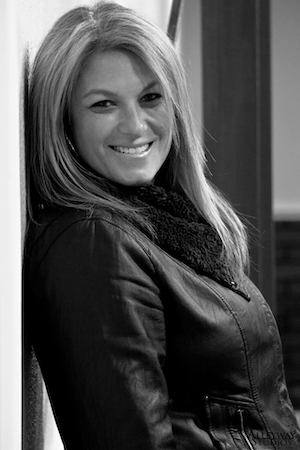 Dr. Cindy M. Howard is a board-certified chiropractic internist, nutritionist, and speaker. She dedicates herself to empowering others to live their best lives, emotionally and physically. In her youth, she was a professional dancer and competitive powerlifter. Howard earned a degree as a chiropractor and attends to a diverse array of patients with conditions ranging from fatigue to autoimmune diseases, individuals from children to professional athletes. She diagnosed herself with Hodgkin’s lymphoma by reading her own test results, solidifying her belief that we possess the power to choose our approach to life and determine how we respond to its challenges. She is author of “Positively Altered,” a celebration of this belief system.
Dr. Cindy M. Howard is a board-certified chiropractic internist, nutritionist, and speaker. She dedicates herself to empowering others to live their best lives, emotionally and physically. In her youth, she was a professional dancer and competitive powerlifter. Howard earned a degree as a chiropractor and attends to a diverse array of patients with conditions ranging from fatigue to autoimmune diseases, individuals from children to professional athletes. She diagnosed herself with Hodgkin’s lymphoma by reading her own test results, solidifying her belief that we possess the power to choose our approach to life and determine how we respond to its challenges. She is author of “Positively Altered,” a celebration of this belief system.
“Positively Altered: Finding Happiness In the Bottom of a Chemo Bag,” Flamingo Press (Sept. 12, 2023)
Thirty-four stories, three postscripts, and one big message: “Positively Altered” is a call to action for us to unapologetically live and love our own way no matter what challenges life brings. In a collection of raw, in-the-moment stories that come to life with self-deprecating humor and a hearty dose of reality, Cindy doesn’t sugarcoat her journey or bemoan her fate.
